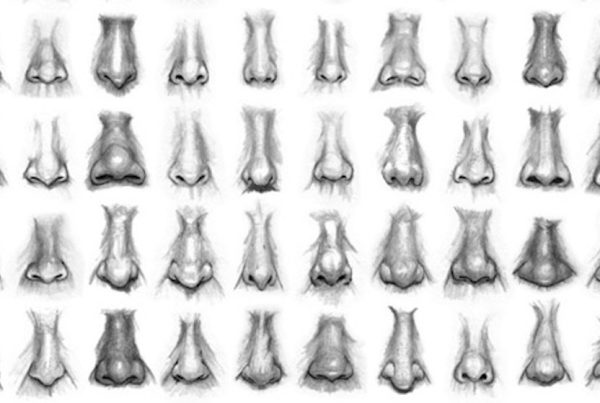AS the world retreated from in-person meetings to a virtual world driven by connected devices and online orders, the Scottish drinks industry has been carefully planning for the future.
Over the past few years it has tapped into a new world, confident that rich and rewarding experiences will help secure brand loyalty and long-lasting profitability that stands the test of time.
For years the status quo has been to enjoy your signature drink in the trendiest new bar, restaurant or even in the comfort of your own home. But a new breed of consumer has arisen to shake things up and has paved the way to the drinks revolution in Scotland. The industry has witnessed a growing trend with customers valuing experiences over material possessions. The experience economy, driven by millennial influence, is taking the forefront as this demographic becomes a more prominent consumer. Customers are more interested in how and where things are made and exploring the brand’s values – ultimately making an emotional connection.
This behind the scenes view expands the user experience to a multi-sensory journey from berry or grain to the highest quality tumbler of refreshment – and manufacturers are seeing the benefits. Scotch whisky’s contribution to the UK economy grew by 10 per cent between 2016 and 2018, totalling £5.5 billion and contributed 21% to the value of all UK food and drink exports. This combined with a growing tourism industry it is no wonder that over two million tourists visited Scottish distilleries in 2018, according to the Scotch Whisky Association (SWA).
However, with all great ideas come logistical challenges, and transferring a distillery from a traditional site to the city centre, whilst making it aesthetically appealing as well as functional, requires state-of-the-art technology and expertise.
Furthermore, and increasingly on the agenda, creating a space fit for purpose, while maintaining a sustainable approach is becoming pivotal in future proofing developments. These requirements are no mean task and need proven skills to strike the right balance and merge the technological and logistical know how, whilst also having a clear understanding of what makes an amazing hospitality space.
This will be even more important as we enter a post-Covid world, and as spaces begin to welcome the public once again, manufacturers will increasingly rely on the brand loyalty they have built with consumers.
Our trend analysis suggests that this shift towards experiential is here to stay, as evidenced by our pipeline opportunities in the premium drinks space. Those contractors looking to capitalise on this transformation will need to demonstrate exceptional pedigree not only in complex industrial manufacturing, but increasingly in the theatre and exacting standards of high-end hospitality.
Source: The rise of Scotland’s experiential distillery | HeraldScotland













